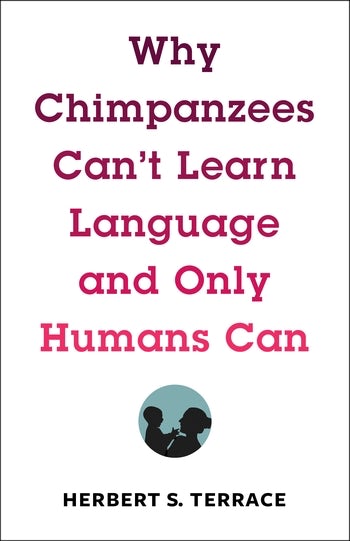Michael Marder and Gary Francione Debate Plant Ethics
Today we are featuring part one of three of a debate between Gary Francione, author of Animals as Persons: Essays on the Abolition of Animal Exploitation, The Animal Rights Debate: Abolition or Regulation?, and several other titles, and Michael Marder, author of the forthcoming Plant-Thinking: A Philosophy of Vegetal Life. You can find part two of the debate here, and part three here.
The debate and the questions were inspired by Michael Marder’s controversial New York Times op-eds Is Plant Liberation on the Menu? and If Peas Can Talk, Should We Eat Them? which generated a variety of responses from animal right advocates, philosophers, and others.
How does plant ethics relate to veganism?
Michael Marder: Plant ethics shares with veganism a strong commitment to justice, which is to say, to the reduction of violence humans perpetrate against other living beings. It is by no means a threat to or an invalidation of veganism. Rather, plant ethics is an open invitation to fine-tune our dietary practices in keeping with the philosophical and botanical considerations of what plants are, what they are capable of, and what our relation to them should be.
Jean-Jacques Rousseau made a useful distinction between perfection and perfectibility, arguing that the latter defines human beings. If veganism considers its moral bases to be perfectible, it will, I believe, admit plant ethics into its midst. Doubts sometimes arise as to whether or not veganism is a genuinely philosophical position when its unbending commitment is mistaken for doctrinaire rigidity, and its morality—for self-righteous moralizing. A serious engagement with plant ethics will finally dispel all such suspicions, as it will demonstrate the dynamic thinking behind veganism, ready to push its own limits.
This does not mean that, having entertained the real possibility of violence against plants, vegans would throw their hands up in despair and concede that it is pointless to alleviate animal suffering by refusing to consume animal flesh and by-products. What it implies is that they would not rest on the laurels of their accomplishments but would consider residual violence against other living beings, such as plants, thoroughly instrumentalized by the same logic that underpins human domination over other animal species.
Gary Francione: If plants are not sentient—if they have no subjective awareness—then they have no interests. That is, they cannot desire, or want, or prefer anything. There is simply no reason to believe that plants have any level of perceptual awareness or any sort of mind that prefers, wants, or desires anything.
Although I am in many respects sympathetic to Jain ethics, and particular to the notion that we should never engage in intentional violence against sentient beings, I do not share the Jain notion that plants and microscopic organisms, because they are alive, have souls. You really need that sort of approach to start to make sense of your position.
I do believe that we have an obligation not to eat more plants than we need to live, but that is because I think that overeating is a form of violence to our own bodies. I also believe that we have an obligation to all sentient inhabitants of the planet not to use more non-sentient resources than we need. In both cases, we have obligations that concern plants but these obligations are not owed directly to plants.
I am all in favor of vegans perfecting their moral bases and I urge all vegans to consider embracing a progressive understanding of human rights that rejects racism, sexism, homophobia, classism, ageism, and all other forms of discrimination, which are indistinguishable from speciesism.
Michael Marder: As I have pointed out, contemporary research in botany gives us ample reasons to believe that plants are aware of their environment in a nonconscious way—for instance, thanks to the roots that are capable of altering their growth pattern in moving toward resource-rich soil or away from nearby roots of other members of the same species. To ignore such evidence in favor of a stereotypical view of plants as thing-like is counterproductive, both for ethics and for our understanding of what they are.
When we, humans, use ourselves as a measuring stick against which everything else in world is evaluated, then an anthropomorphic image of sentience and intelligence comes to govern our ethics. True: the life of plants resembles our living patterns to a lesser extent than the life of animals. But to use this as a cornerstone of ethics and a justification for rejecting the moral claim plants have on us is a case of extreme speciesism.
Gary Francione: Speciesism occurs when the interests of a being are accorded less or no weight solely on the basis of species. To say that a being has interests is to say that the being has some sort of mind—any sort of mind—that prefers, desires, or wants. It is to say that there is someone who prefers, desires, or wants. You cannot act with speciesism with respect to a being that has no interests, such as a plant.
Your entire argument rests on your confusing a reaction with a response. If you put an electrical current through a wire that is attached to a bell, the bell will ring. The bell reacts; it does not respond. It is as absurd to say that a bell has a “nonconscious response” as it is to say a plant does.






2 Responses